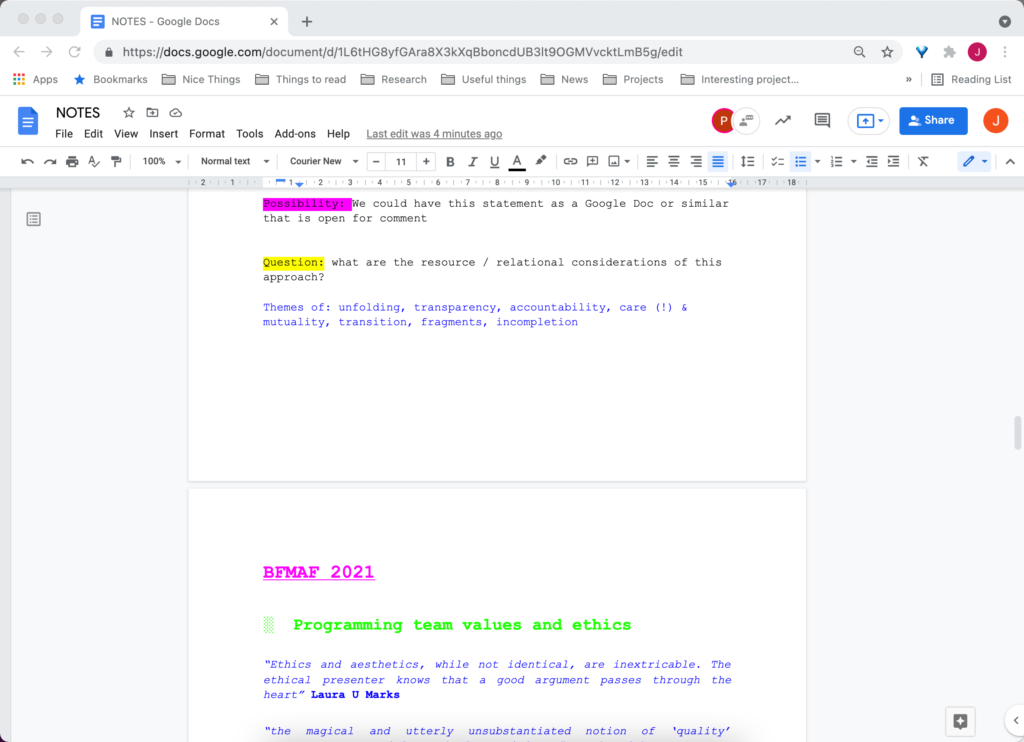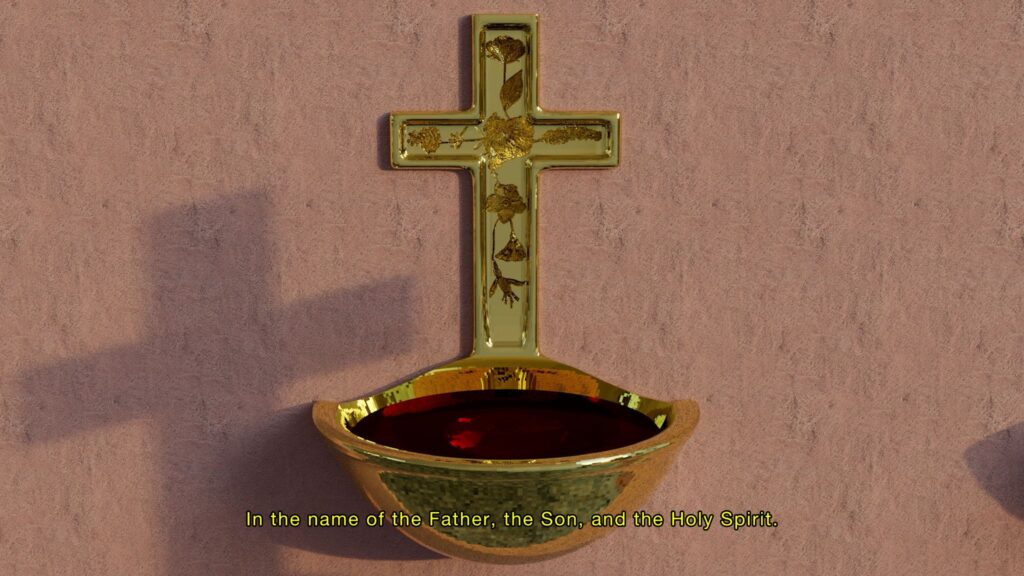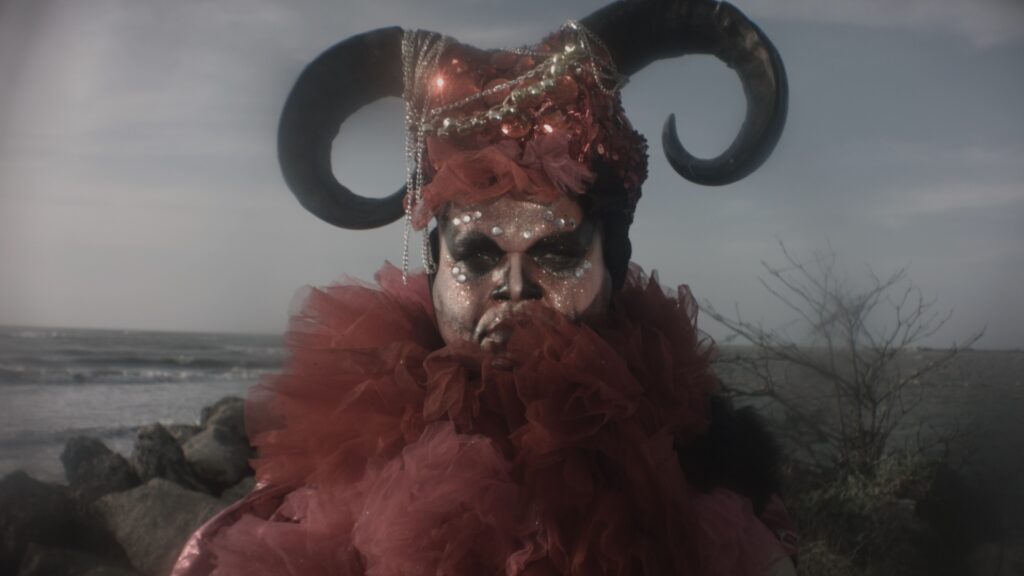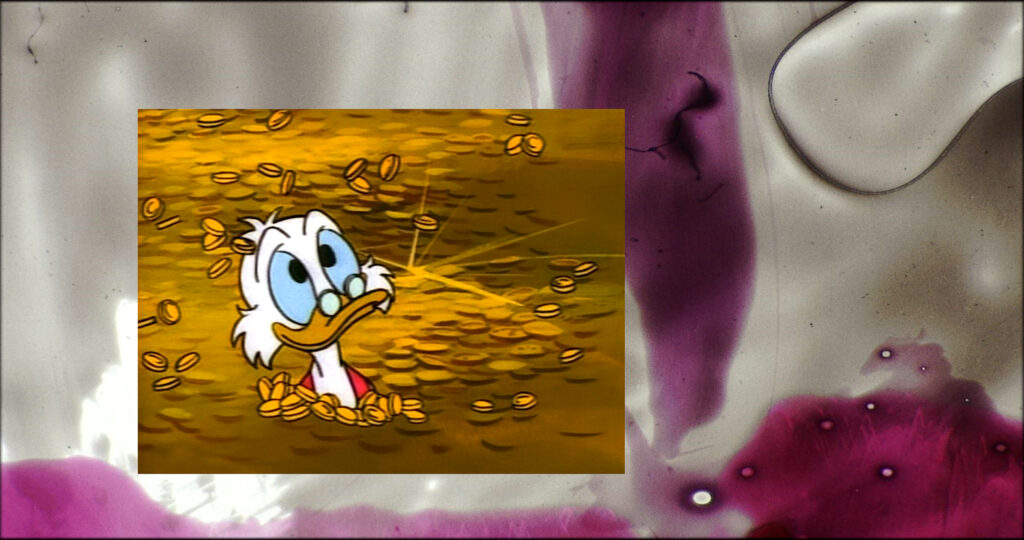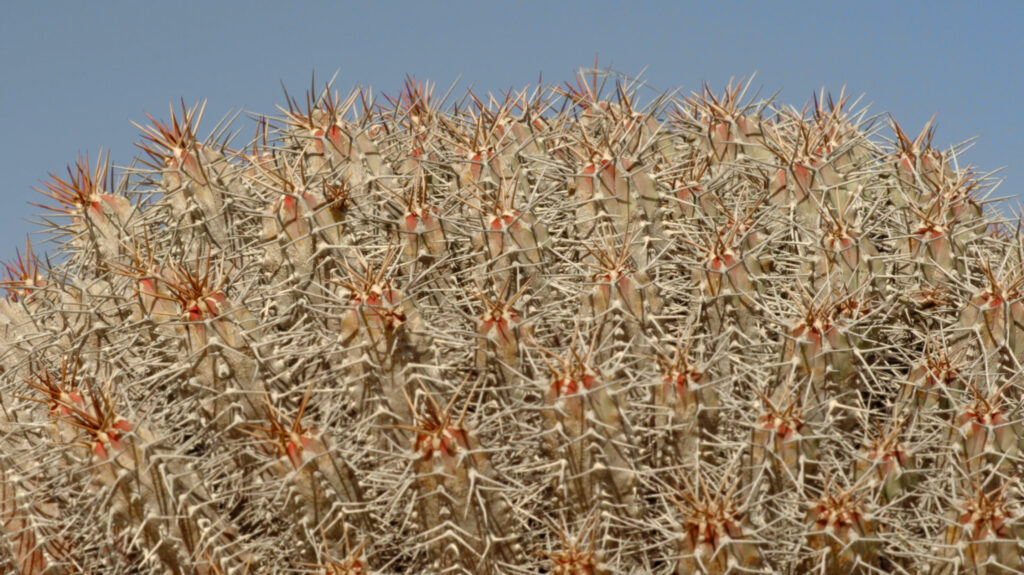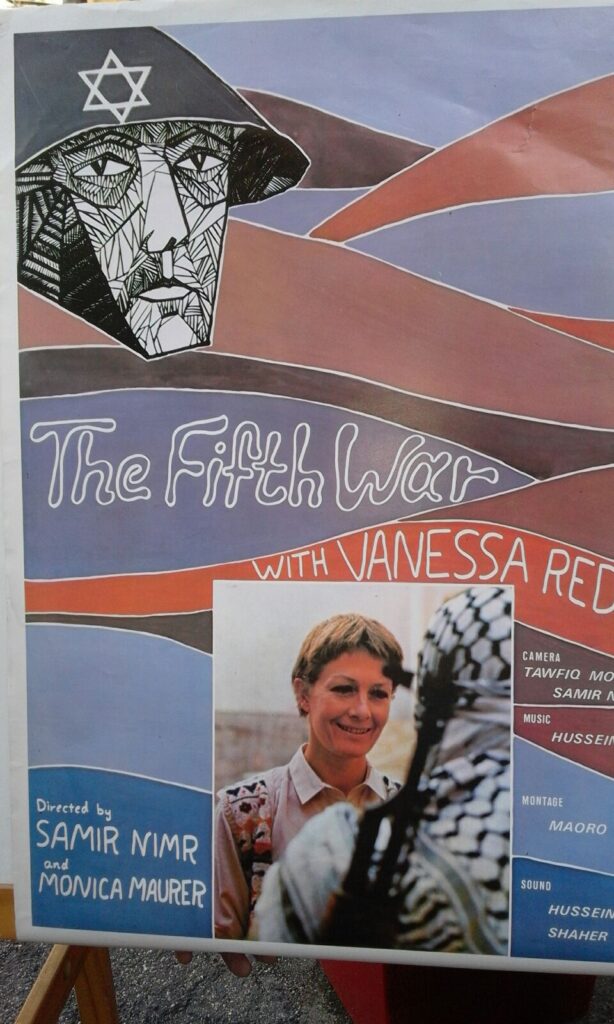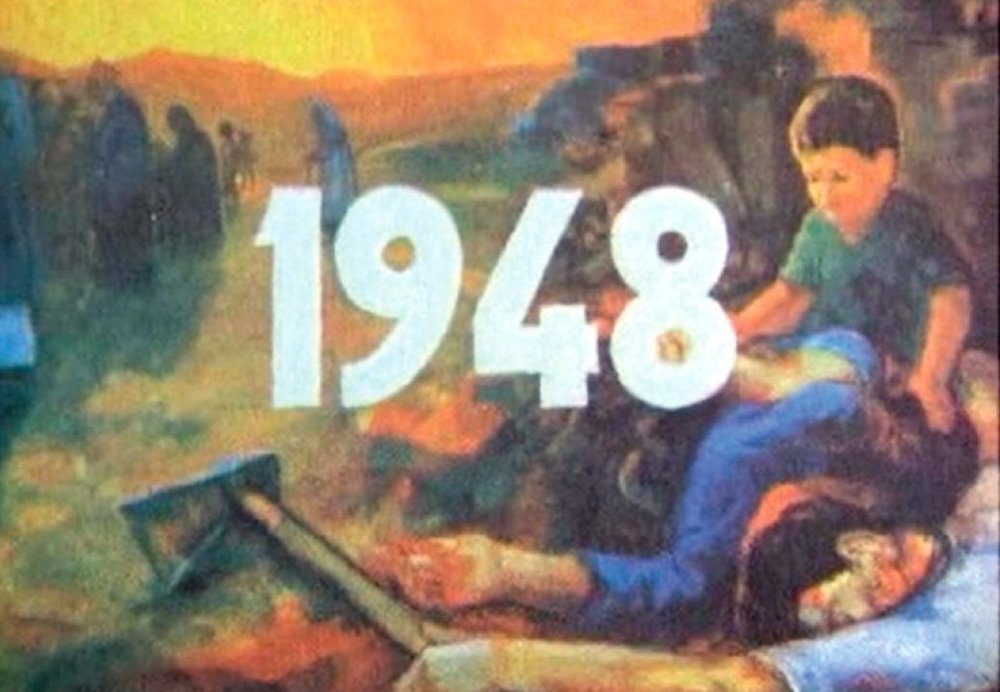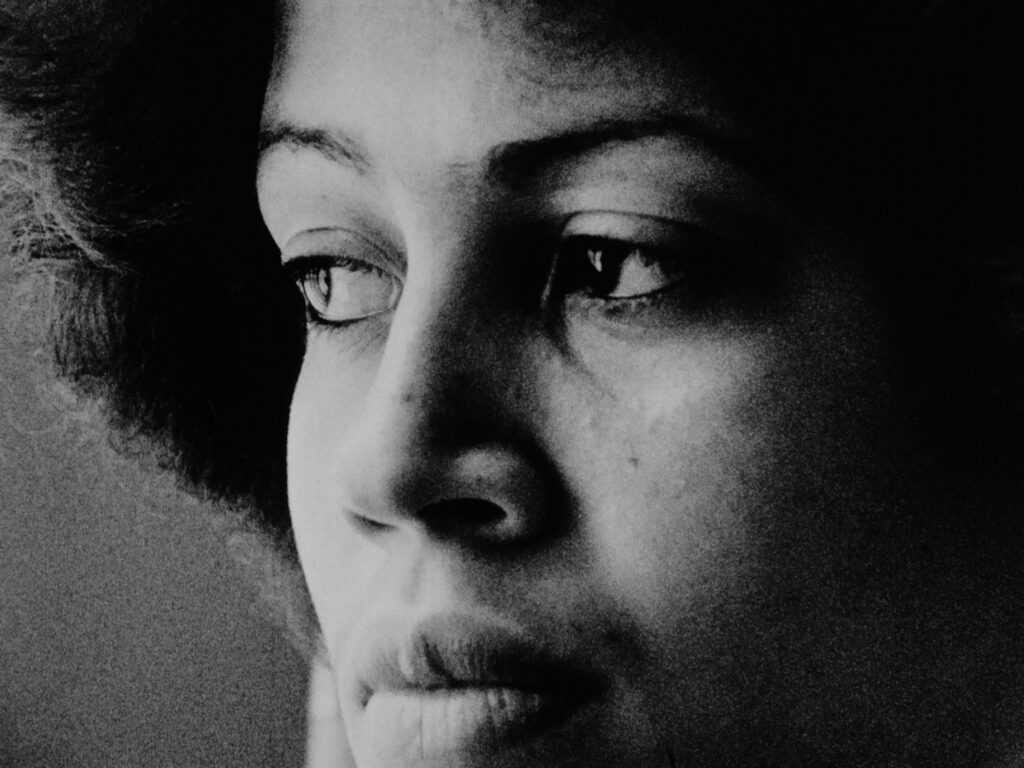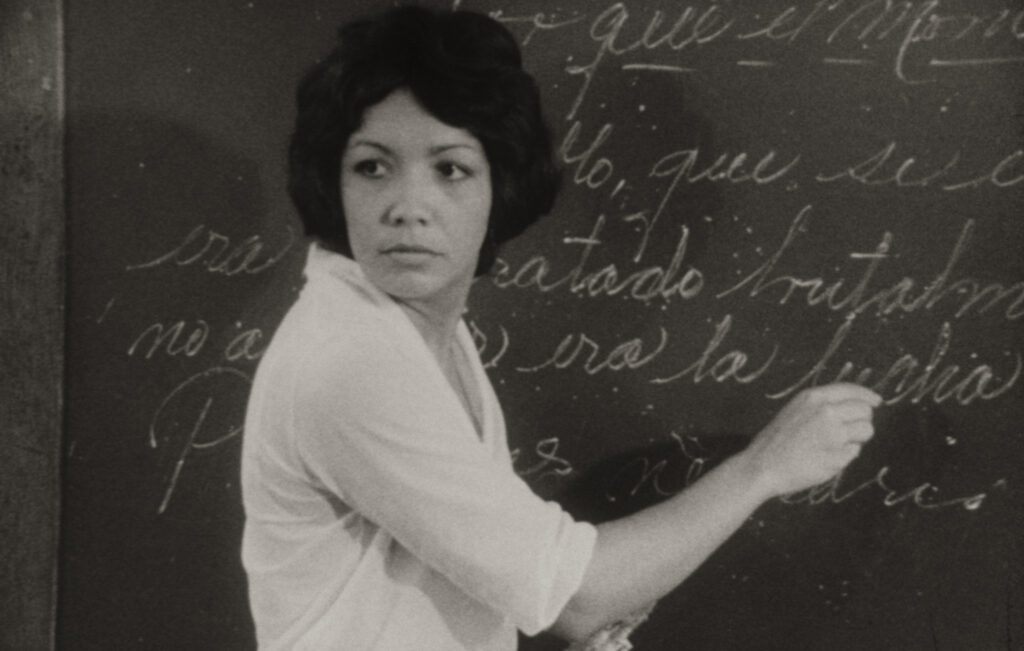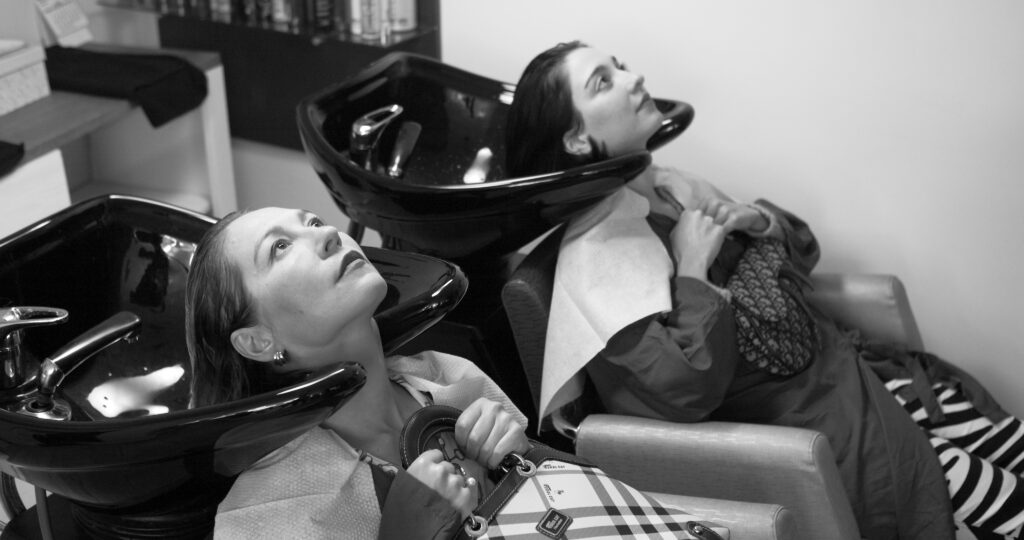
Éiméar McClay
Cáit McClay and Éiméar McClay are Irish-born, collaborative artists currently based in London. Their recent work has analysed both the British Imperial project in Ireland and the period following the formation of the Irish Free State in 1922 to examine the cultural, political and economic effects of colonisation. This has involved a focus on the network of social institutions – Magdalene Laundries, mother and baby homes, etc. – run by the Catholic church and the state in Ireland across the 20th century.
Their work has been selected for many esteemed exhibitions and awards, including Circa Class of 2020; Bloomberg New Contemporaries 2020; TH4Y, GENERATORprojects; the 17th & 18th Berwick Film & Media Arts Festival New Cinema Award; the Hospitalfield Graduate Programme; the Market Gallery Studio Projects residency; the CCA Derry residency; Arts Council of Ireland Agility Award 2021 & 2022; RSA New Contemporaries 2022; the RSA Stuart Prize 2022; the 56th Karlovy Vary International Film Festival; Queer Lisboa; aemi@GAZE 2022; Bucharest International Experimental Film Festival; Festival du Nouveau Ciné; Intersección, MAV Award; the Beijing International Short Film Festival; the CCA Glasgow Creative Lab residency; Docs Ireland; Memoryhouse, Glebe House; the Creative Scotland Open Fund Award; SQIFF 2023; Other Worlds, Regional Cultural Centre, Letterkenny; zoombiblestudy, Galerie FaVU; the Visual Arts Bursary Award 2024; aemi @ Docs Ireland: Back Translation; A Mother’s Love, Prayer Room; SQIFF 2024; and Intersección 2024.
Language folds and falls in on itself in this new video work by artist duo Cat and Éiméar McClay. Animated 3D tableaus of Catholic paraphernalia and strikes of elemental weather accompany the words. Together, they enact the historically fraught relationship between queerness and the Catholic church.
In La Nave, Colombian artist and first-time filmmaker Carlos Maria Romero (aka Atabey Mamasita) translates the meaning and spirit of Carnival de Barranquilla during a year in which gatherings were forbidden. Through clandestinely filmed performances with members of many different communities—indigenous, trans, queer, rural, Afro-Colombian and radical outsiders among them—Maria Romero recreates northern Colombia’s largest cultural event as an essayistic performance film, demonstrating how Carnival is a lifeblood to its many diverse participants.
In a village in central India, dedicated school teachers put their heart and soul into preparing a group of children for an entrance exam for a Government-run “School of Excellence.” Entrance Exam explores the stakes of the opportunities afforded by this continued, subsidised education for underprivileged children, as well as the many layers of struggle in this intense and surprising journey.
This screening will be accompanied with in person conversations with Éiméar McClay & Cat McClay (a body is a body is a body) and Rehana Zaman (Alternative Economies).
The Void Project looks at the effect of the absence of Palestinian visual archives on the construction of a Palestinian visual narrative. The project was founded by Palestinian documentary filmmaker, cinematographer, producer and writer Azza El-Hassan, whose documentary films mostly reflect her experience living in exile and her experience living in Palestine. In this programme, El-Hassan brings together a selection of films produced by the Palestine Film Institute in Jordan and Lebanon during the revolutionary years of Palestinian Cinema. These films are a testimony to both the history of international solidarity with Palestine, as well as the ongoing struggle for a self determined Palestinian narrative. — Jemma Desai
The screening at the Maltings will be introduced by Sheyma Buali, a programmer, producer and writer and member of the London Palestine Film Festival programming team since 2011.
Watch One Way or Another (1977) Sara Gómez’s “bold work of revolutionary feminism” alongside Back Inside Herself (1984) by S. Pearl Sharp. Back Inside Herself is newly restored by Cinenova and will be accompanied by On the Inside a prose poem by London-based poet Sarah Lasoye.
The screening is a prelude to Cinenova’s The Work We Share – a programme of 10 newly digitised films from the Cinenova collection. All have been captioned by Collective Text and are accompanied by 10 new artist response commissions, which will tour the UK throughout 2021-22.
Amalia Ulman’s debut feature is a dark comedy. El Planeta explores contemporary poverty, deception, class, and escapism through a tender mother-daughter relationship, played by Ulman and her real-life mother.



